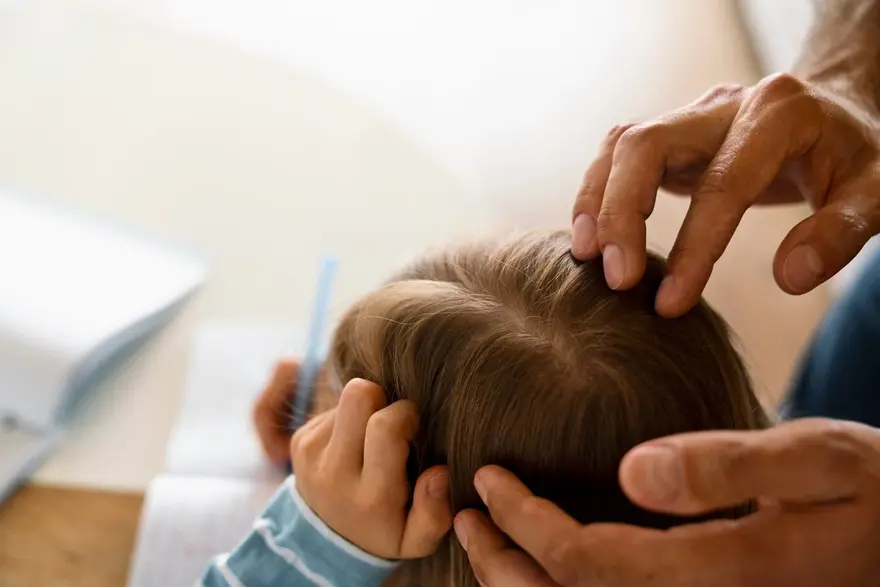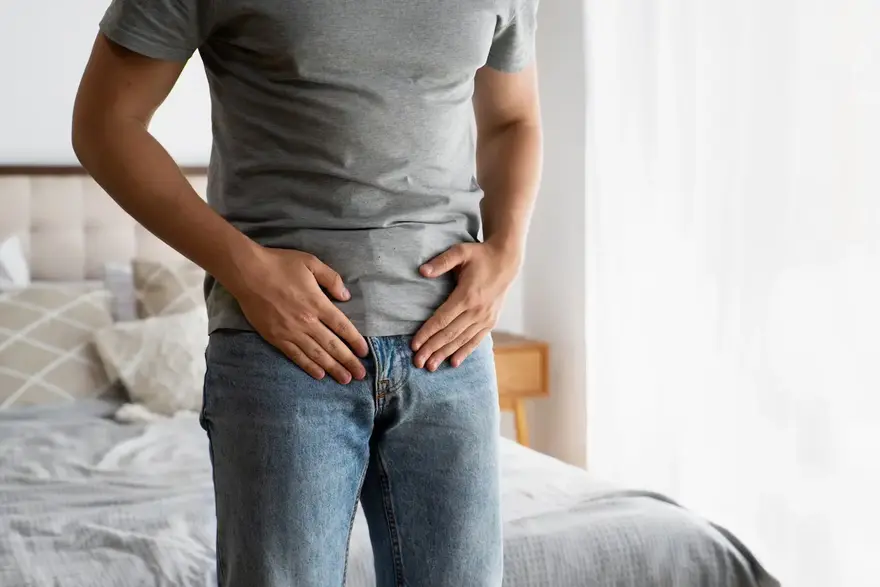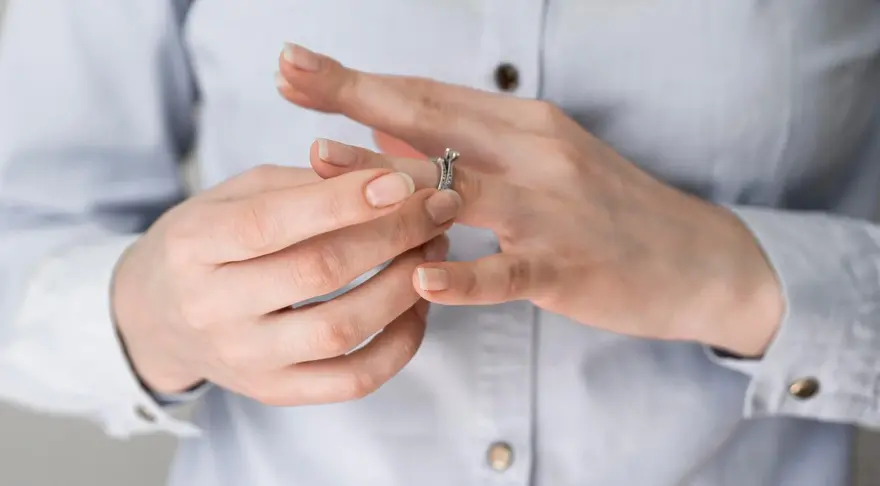Preventive Healthcare
What are Hives: Causes, Symptoms, and Effective Treatment
2039 Views
0

Introduction
Hives and allergies are closely related to each other. Hence, their causes and symptoms are also similar.
Hives may last for a few weeks or months. However, chronic hives may take years to treat; they may also become a permanent disorder. Severe conditions like Anaphylaxis can be fatal.
What are Hives?
Hives are small red bumps and welts on the surface of your skin. They are also called urticaria. The splotches are itchy and have flesh colours, like red and pink.
Hives are mostly the after-effects of an allergic reaction. When a foreign particle or allergen enters your body, your immune system sometimes fails to identify and attack it. Your blood produces chemicals like histamines to prevent those allergens. In some cases, that chemical reaction results in rashes and welts on the skin.
Types of Hives
There are primarily three types of hives:
- Acute
- Chronic
- Physical
Hives are also classified based on their causes. They are as follows:
- Allergic reactions
- Anaphylaxis
- Dermatographism
- Hives from infection
- Hives from temperature
Most types of hives are harmless. However, they can be uncomfortable and last up to several years.
Hives Causes
The causes are different for different types of hives. However, allergic reactions are common to all.
Causes of Acute Hives
- Certain food items
- Pollen grains
- Certain medicinal effects
- Insect bites/stings
- Bacterial/viral infections
- Change in temperature
- Continuous scratching on the skin
- Pet dander
This list includes the causes of Dermatographism, allergic reactions, and hives from temperature and infection.
Causes of Chronic Hives
The reason for chronic hives is not yet clear. Doctors assume that it may result from any of the following conditions:
- Heat or cold
- Medical conditions like infection, allergies, cancer or thyroid problems
- Excessive pressure on the skin from tight garments and bands
- Exposure to sunlight
- Vibration
Symptoms of Hives
Whether the symptoms of hives are mild or severe, it is advisable to seek doctor’s advice. It is hard to identify the type of hives based on the symptoms, as in most cases, they are similar. You do not know if it is just allergic reactions, Anaphylaxis, or chronic hives. Though acute and chronic hives are not life-threatening, Anaphylaxis is fatal. Therefore, timely diagnosis and treatment are necessary.
Symptoms of Acute Hives
- Itchy welts of colours like red, brown and purple
- Bumps on the skin of size ranging from a pea to a dinner plate
- Heavily blanched skin
- Puffiness and swelling under the skin
- Swelling in lips, eyes, and throat
Symptoms of Chronic Hives
- Batches of painful welts
- Welts of different sizes in any part of the body
- Flares caused by heat, exercise or stress
- Painful swelling in the eyes, lips and throat
- Severe itchiness
Symptoms of Anaphylaxis
- Dizziness
- Severe swelling
- Nausea
- Vomiting
- Difficulty in breathing
Who is at Risk?
If you have severe allergic issues, you should be careful about hives. You might be prone to get affected by hives.
Babies are also at a risk of getting hives. Pay close attention to what they eat and touch to minimise the risks.
Hives Diagnosis
Since the symptoms of hives are closely related to those of allergies, a test is done to confirm the condition and its cause. Your doctor may prescribe the following tests:
Skin Test
This test helps to detect acute hives. In this test, your doctor will expose your skin to different allergens. If your skin reacts and turns red and itchy, you are allergic to that allergen.
Blood Test
If your skin does not show any result of the skin test, your doctor will carry out the blood test. This blood test checks if your blood sample contains any traces of antibodies in it. If they find antibodies, that means you have hives.
Urine Test
To detect bacterial infections, your doctor may prescribe a urine test. This is strictly for chronic hives.
Skin Biopsy
It is performed to detect the presence of unusual foreign particles.
Hives Treatment
Hives are treated based on their types. Generally, allergic medicines and shots are prescribed to treat the disease. If they do not work, other procedures are used.
Acute Hives Treatment
- Medicines
- Shots
- Steroids
- Epinephrine
Chronic Hives Treatment
- Medicines
- Shots
- Steroids
- Hydroxychloroquine
- Cyclosporine
Hives Prevention
You can minimise the chances of getting hives by following these steps:
- Avoid consuming all sorts of food items that have allergic components.
- Take cold showers if you see mild symptoms.
- Use cool compresses on the welts.
- Apply anti-itching cream and lotion prescribed by your doctor.
- Avoid direct exposure to heat and sun rays.
- Wear loose-fitted comfortable clothes, preferably cotton clothes.
Book a Blood Test
Conclusion
You do not have to worry much about hives but also should not be careless. Visiting a doctor and seeking proper medical guidance is essential to resolve the issues. Hives is not fatal but can be permanent in many people. Metropolis Labs is one of the top diagnostic chains in India. It has been serving patients with humble attention and accurate pathological test reports. Opt for at-home testing and checkup from your nearest branch of Metropolis Labs.























 WhatsApp
WhatsApp
